The public inquiry into the Manchester Arena bombing concluded its hearings on 15th March after 196 days of live evidence. Twenty two people were killed and hundreds more seriously injured in the bombing on 22 May 2017 when Salman Abedi detonated a homemade explosive device at the Ariana Grande concert. Abedi was born and raised in Manchester but with Libyan roots. His radicalisation appears to have occurred in the context of the Libyan civil war and the emergence of Islamic state, but multiple factors featured in it. The Arena bombing itself was a catalogue of organisational failings at every turn: failings in the running of the Arena and its private security and medical provision, failings in emergency services preparedness and response on the night and – well beforehand – failings by MI5 and the counter-terrorism police to prevent the attack.
The corporate failings by various organisations on the night of the bombing have attracted wide publicity, and rightly so. The failings by MI5 and counter terrorism police were pored over by the inquiry but much of the evidence on this was heard in closed sessions so will never get a full public airing. In this blog I want to highlight two issues which featured in the inquiry but have not attracted sufficient public attention. These are the failure to recognise the significance of Abedi’s past misogynistic violence as a risk marker, and the role of Didsbury Mosque (Manchester Islamic Centre) and its unwillingness to confront extremist ideology. These issues have wider implications beyond this case.
Firstly some context and terminology on MI5’s knowledge of Abedi before the attack and the issue of whether they could and should have recognised the risk he posed. A Subject of Interest (SOI) is someone who is or has been investigated because they are suspected of being a threat to national security. At the time of the Arena bombing MI5 was monitoring around 3,000 active SOIs. SOIs are categorised in tiers so that those at the top of the investigative pyramid attract much more resource and attention than those lower down. In order to prioritise, MI5 operated a formal triage process, although it appears from the publicly available evidence that in 2014-2017 MI5 had insufficient resources to triage effectively to match their increasing workload following the declaration of the Caliphate by ISIS in June 2014 (an important radicalisation factor at this time). A “closed SOI” is someone who is assessed as no longer representing a threat to national security. In 2017 MI5 had around 20,000 closed SOIs. However closed SOIs who hit specific triggers were subjected to a further process to consider re-investigation. Given the number of SOIs, two factors are particularly relevant to preventability of atrocities like the Arena bombing: what markers are used to assess a suspect’s risk level, and the level of investigative resources available.
Thanks to the inquiry we now know more about Salman Abedi’s behaviour in the years before the bombing, the extent of MI5 and Counter Terrorism Police (CTP) knowledge of him, and a clearer picture has emerged on the issue of preventability. It seems that Abedi was first brought to the attention of MI5 in December 2010 (age 15), some 2,336 days before he carried out the bombing, but was deemed to pose no threat to national security at that time. In 2012, when he was an IT student at Manchester College (an FE college), Abedi committed a violent misogynistic assault on a female classmate, telling her that her skirt was too short, and punching her in the head. Rather than being prosecuted the offence was dealt with under Greater Manchester Police policy through “restorative justice” whereby the victim and offender were brought together for a discussion on the impact of the offence (The victim was also from the Manchester Libyan community so the risk of community pressure for informal ‘resolution’ should have been obvious, but was evidently ignored).
Abedi thus avoided a criminal record and there was no Prevent referral, and the incident was never considered, in combination with other information, as a risk marker. In 2013 Abedi was identified as acting suspiciously with an existing SOI who was under investigation within a medium priority investigation and in 2014 was opened as an SOI in his own right (classified as “tier 3” or ‘peripheral SOI’ with tier 1 representing the most high risk and most likely to be involved in all aspects of the terrorist activity under investigation). A few months later a decision was made to cease investigation of him, and this did not change despite his history and known association with two more significant SOIs in 2015 – 2017. By 2016 the depth of Abedi’s hatred of women was also known to the authorities via transcripts of his earlier exchanges of messages with one of his radicalisers, the terrorist Abdalraouf Abdallah. In these exchanges Abedi repeatedly contrasted “maidens of paradise” with the “dirty filthy women” who were his fellow students. Some of these messages were read out at the inquiry late last year. Between November 2014 and November 2015 there were over 1,000 communications between Abedi and Abdallah. In the course of their communications, they repeatedly conversed about martyrdom (with Abdallah asking Allah for martyrdom), “maidens of paradise” and a senior figure within Al-Qaeda and his martyrdom. In May 2016 Abdallah was convicted of terrorist offences.
At no stage was Salman Abedi or, to our knowledge, any member of the Abedi family referred to Prevent. However, evidence suggests that CTP considered Abedi for such a referral in the period before 2014 but then, for reasons which have not been publicly revealed, decided not to refer him.
In summary therefore Salman Abedi repeatedly appeared at least on MI5’s radar for around 7 years in the run up to the bombing and was known to have committed a violent misogynistic attack and was recorded in messages with a known terrorist as expressing hatred of women and interest in martyrdom but without the dots being joined and the cumulative risk being considered. In March 2017 Abedi was one of 685 closed SOIs to hit a priority indicator for reinvestigation but the process moved too slowly and the meeting arranged to discuss Abedi was scheduled for 31st May 2017 but the Arena bombing intervened.
In her book Home Grown Joan Smith argued that Abedi’s significance could have been recognised much earlier had misogynistic violence been treated – in combination with the other information available about him– as a risk marker. Smith argued that in general, misogynistic violence should be seen as a key marker of the likelihood of involvement in extremism and terrorism if the person concerned is also known to be exposed to extremist worldviews. Smith’s broader argument has since been validated by Project Starlight which confirmed that almost 40% of adult Prevent referrals had a history of domestic violence either a perpetrators, witnesses or victims or a combination of all 3. This is likely to be an underestimate given that domestic abuse is itself underreported, but it provides a useful indication of prevalence. The comparable figure for children is 30%, again a likely underestimate as under 16s were not routinely questioned about domestic abuse.
Following the Arena bombing, some commentary assumed that the choice of target related to the singer – Ariana Grande – being American, or in other accounts because it involved men and women mixing. However, as Smith pointed out, Ariana Grande is especially popular with girls and to a lesser extent gay men (17 of the 22 people killed in the bombing were female). Examination of other events at the Arena around the same time confirms that this event was almost certainly singled out for its specifically young female audience, i.e. was a targeted misogynistic attack.
Looking back over Abedi’s history the warning signs were clear. Smith’s book was published before the inquiry examined Abedi’s history and some of the evidence heard by the inquiry – for example the history going back to 2010 and the Abedi/Abdallah transcripts – were not available to her but the additional evidence now available makes her argument even more compelling. We will never know whether the Arena bombing could have been prevented had the significance of this issue been considered but the Project Starlight data confirms that misogynistic violence should routinely be treated as a significant heightened risk factor where the suspect is also harbouring or known to be exposed to extremist world views. Had it been in Abedi’s case, the sifting process by MI5 and CTP would have placed him much more squarely in their sights. It is critically important that this key lesson from the inquiry is not missed. The inquiry’s terms of reference preclude consideration of the appropriateness of Greater Manchester Police policy for dealing with violent assaults of the kind committed by Abedi through informal “restorative” processes (a policy not shared by the Metropolitan Police), so I am concerned that the overall significance of this issue may be overlooked, particularly given the greater apparent newsworthiness of many other issues emerging from the inquiry (a few days ago BBC Newsnight ran a report on failings in counter terrorism’s IT system- an important issue, but one which cannot be considered in isolation from risk markers).
In final submissions to the inquiry we also addressed the question of Didsbury Mosque /Manchester Islamic Centre. This is a controversial issue. To be clear, there is no evidence that the mosque was directly involved in the radicalisation of Salman Abedi or that it condoned the Arena bombing in any way. Nonetheless its failings the years before 2017 and since need to be considered.
The Abedi family was involved in the mosque and in 2015 the bomber’s brother, Ismail Abedi, who was involved in IT at the mosque illicitly downloaded personal details of members of the congregation. According to Ed Husain’s book Among the Mosques , Ismail Abedi continued to worship at Didsbury Mosque until recently (he fled abroad in August 2021 to avoid giving evidence at the inquiry). The mosque has a reputation for association with the Muslim Brotherhood. Although this was denied by the mosque’s chair of trustees in evidence to the inquiry, the independent expert on Islam instructed by the inquiry concluded that the mosque has an Islamist orientation, noting that its website endorses a wider political concept of sharia “typical of the comprehensive idea of the Islamic Sharia that underpins organisations such as the Muslim Brotherhood” and the teachings of its ideologues such as Al- Banna and Maududi. In his book Husain notes the striking contrast between other leading mosques in Manchester and Didsbury mosque, which is much more obviously political.
Whilst it is not suggested that the mosque advocates violence, its chair of trustees refused in his evidence to the inquiry to agree to include an explicit denunciation of violence on the mosque’s website. This is troubling. The mosque denied in its evidence to the inquiry that it hosts political meetings but a former Imam there stated in his evidence that during the period 2015-2016 regular meetings were held at the mosque by supporters of the Islamist Coalition for Libya. The independent expert instructed by the inquiry concluded that a sermon at the mosque in 2016 encouraged support for armed jihad in Syria and other parts of the Muslim world (an interpretation the mosque recognised at the time in internal emails). Although in evidence the mosque asserted that it took steps to combat radicalisation in its community it was unable to offer any concrete examples and in evidence to the inquiry during closed sessions (gisted in a public document) counter terrorism police stated that when they tried to engage with mosques in South Manchester to prevent travel to the Middle East for extremist purposes the response from Didsbury Mosque was “less positive” than from others.
Given all the evidence we submitted to the inquiry that not only had Didsbury mosque “failed to confront extremism in the run up to 2017, and that it continues to do so this day. Despite the tragic events of 22nd May 2017, it has failed to include an explicit condemnation of violence on its website; refuses to acknowledge the risks and realities of radicalisation and has no policy to deal with them; has no written policy to deal with content of sermons; refuses to learn lessons from the bombing; seeks to deny and minimise the involvement of the Abedi family with the mosque; and in all likelihood has failed to implement charity commission requirements. ……The response by Didsbury Mosque to the growing threat of extremism from 2011 onwards was completely inadequate, indeed there is no evidence of any meaningful response at all. Didsbury mosque buried its head in the sand and was in dereliction of its duty to its congregation and the wider community”. In the light of this we invited the chairman of the inquiry to refer the mosque to the charities commission for reconsideration of its charitable status.
Past coverage of the mosque’s role in the events leading up to the 2017 bombing has veered between extremes with some coverage unjustifiably insinuating that the mosque may have been implicated in the bombing but other commentary simply ignoring the issue (which is tempting as anyone criticising the mosque may risk accusations of Islamophobia) . The truth is more complicated but should still be concerning, and there is also a risk that the wider issue here – tolerance of extremist views among purportedly mainstream Islamic organisations – is overlooked. Despite strong criticisms of Didsbury mosque at the inquiry, Greater Manchester Police have, in the past few weeks, explicitly endorsed a “community event” at the mosque, yet again treating self-appointed religious leaders (who are unelected, often religiously fundamentalist and always male) as authentic community representatives/ “gatekeepers”. This marginalises other, more progressive Muslim voices and suggests that important lessons from the tragic events in Manchester are still being ignored.
Richard Scorer is Head of Abuse Law and Public Inquiries at Slater & Gordon Lawyers (UK). He and his colleagues acted for victims’ families in the Manchester Arena bombing inquiry.
Author
-
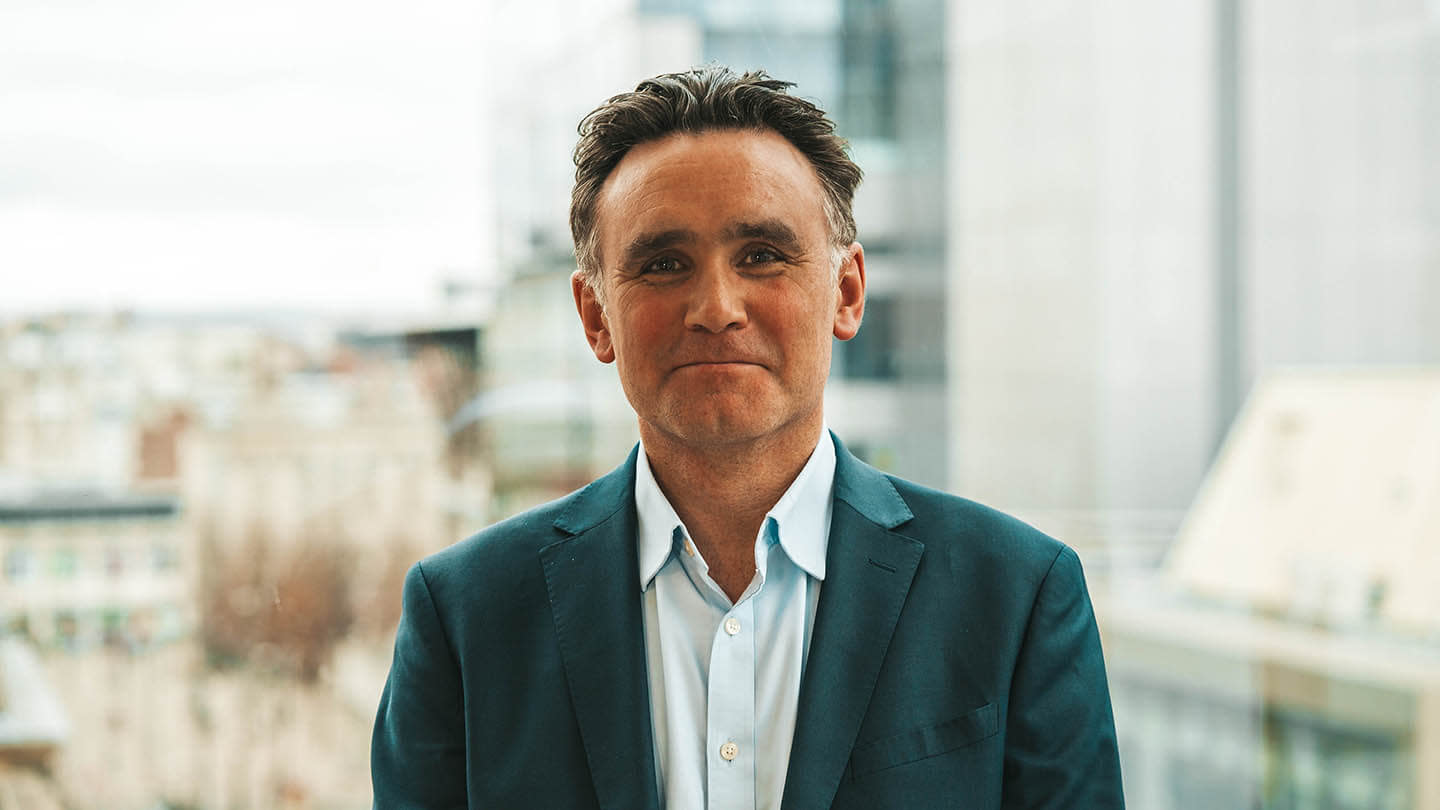
Richard Scorer is a lawyer and Head of Abuse Law and Public Inquiries at Slater Gordon Lawyers. He and his colleagues represented victims’ families in the Manchester Arena inquiry, and he has also been heavily involved in work on safeguarding and religious fundamentalism in the Independent Inquiry into Child Sexual Abuse (IICSA)
View all posts

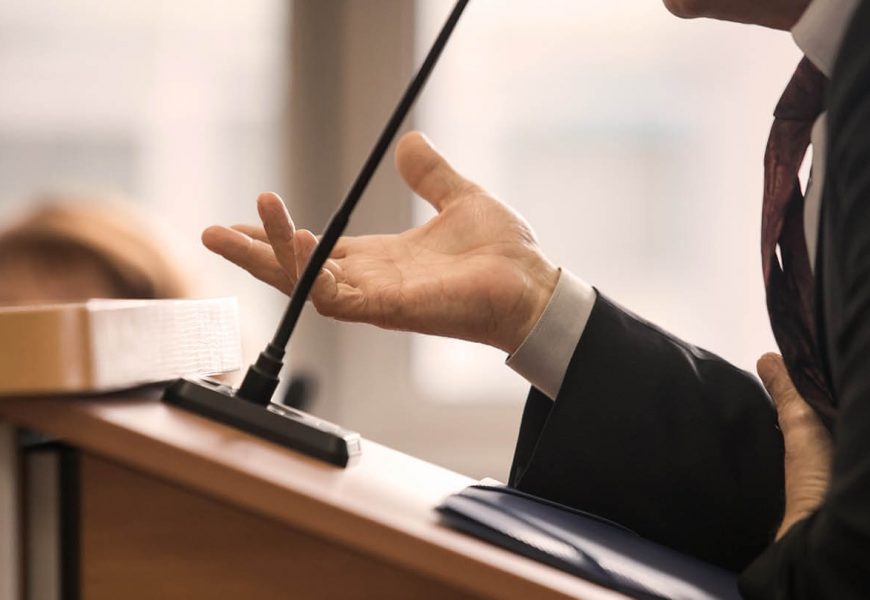
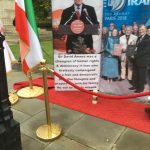


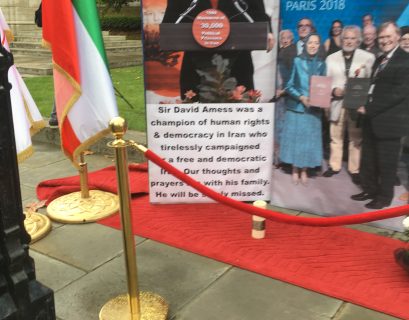
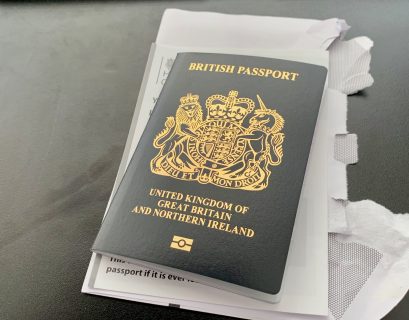
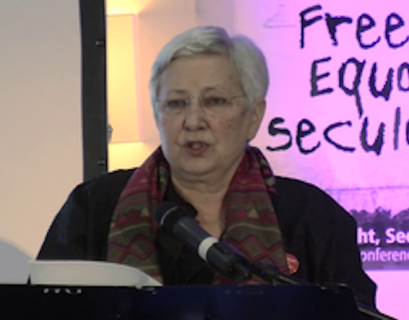
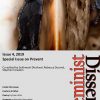

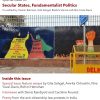
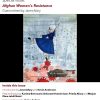

.jpg)

